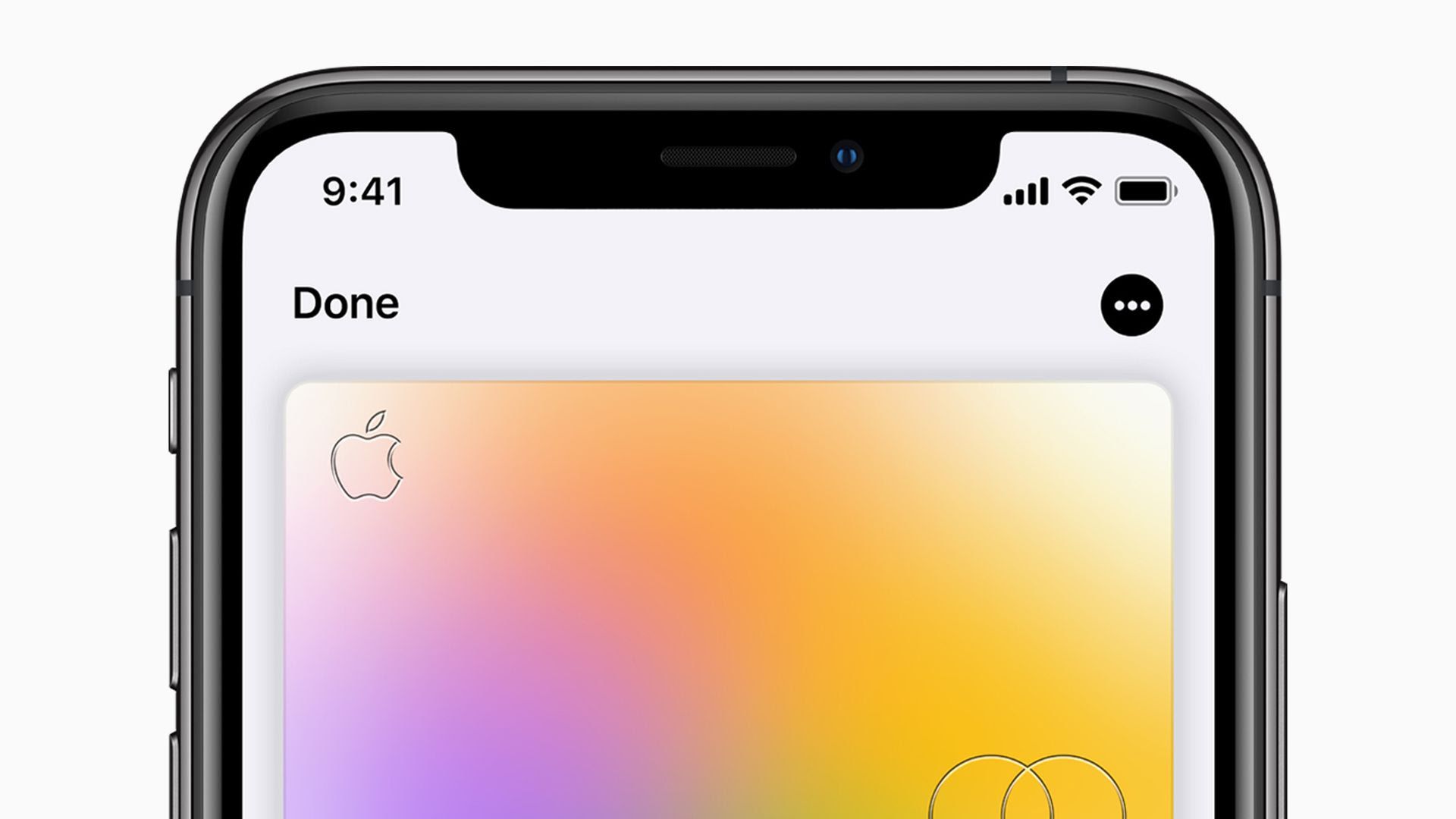Regulators investigate Apple Card's algorithms for gender bias
Add Axios as your preferred source to
see more of our stories on Google.

Photo: Apple
State regulators in New York are looking into whether Apple Card is violating any laws by giving some spouses lower credit limits than their mates.
Background: It all began with a series of tweets that went viral by well-known software engineer (and Ruby on Rails creator) David Heinemeier Hansson, complaining that he was given 20 times as much credit as his spouse (even though she had a higher credit rating).
- Apple co-founder Steve Wozniak chimed in, saying he and his wife had a similar experience.
Why it matters: Apple has billed its credit card as devoid of the fees and hassles of traditional credit cards; the current incident is a reminder of just how much of Apple Card under the hood is traditional consumer credit.
Between the lines: While the issue appears specific to Apple, it may be exposing a broader industry issue.
- What's unique about Apple Card is it is always an individual, not a family account.
- That's meant Apple had a lot of spouses applying for the same card at the same time, highlighting the discrepancy in credit limits.
What they're saying: Apple deferred to Goldman Sachs, which makes the credit decisions as the issuing bank.
In a statement, Goldman said it doesn't know the gender or marital status of applicants, but suspects that affected spouses may have been authorized users and not primary account holders on past credit cards, and thus not building as much credit on their own.
- Goldman invited customers who think their "credit line does not adequately reflect your creditworthiness" to request a re-evaluation."
My thought bubble: Apple is right to note that Goldman makes the decisions. But it is also true that Apple will get a significant share of the blame, in no small part because the lengths that it has gone in establishing Apple Card as its baby, even using the tag line: "Created by Apple. Not a bank."
Go deeper: The Apple Card, like checks and Venmo, fails the instant payments test
